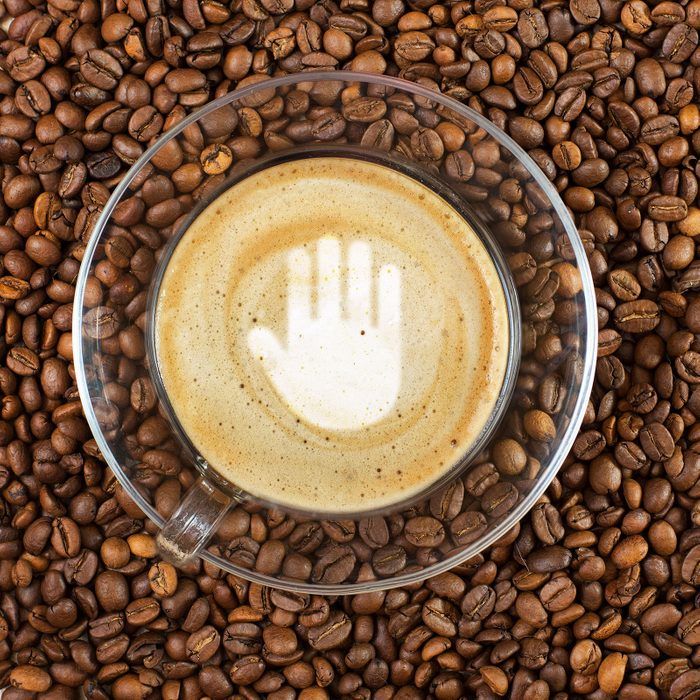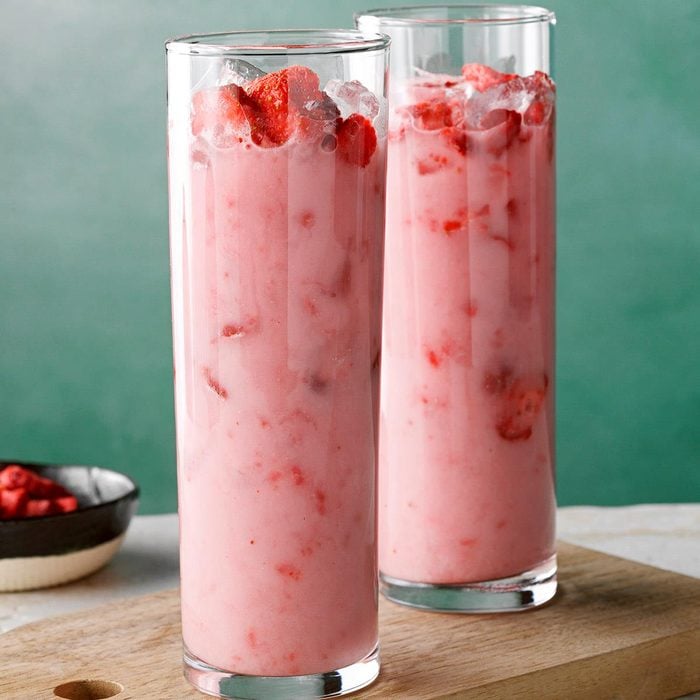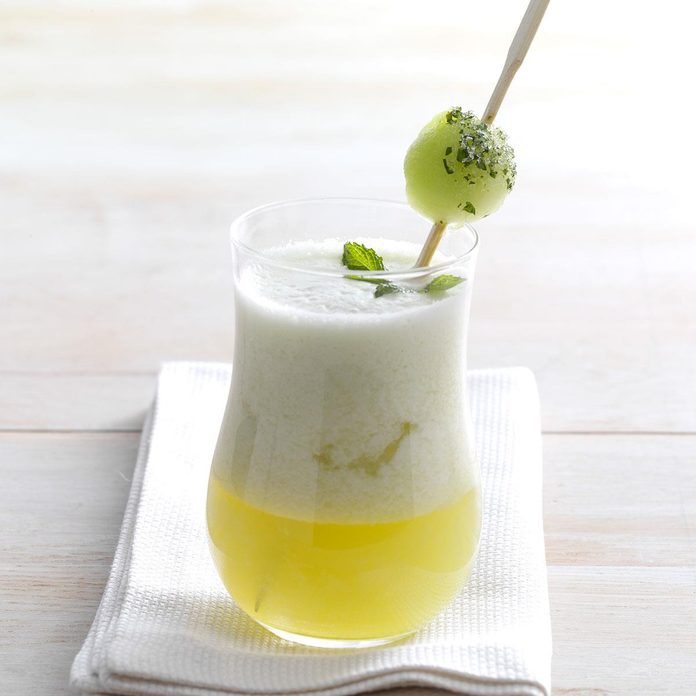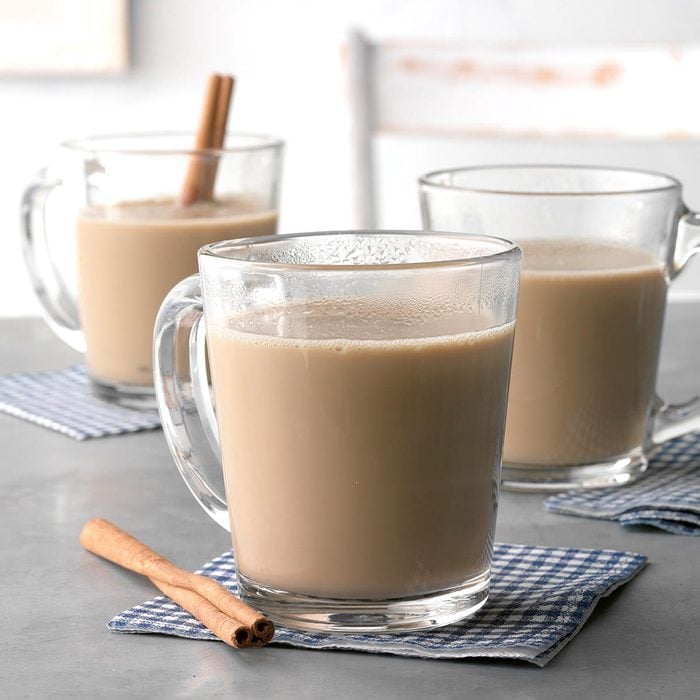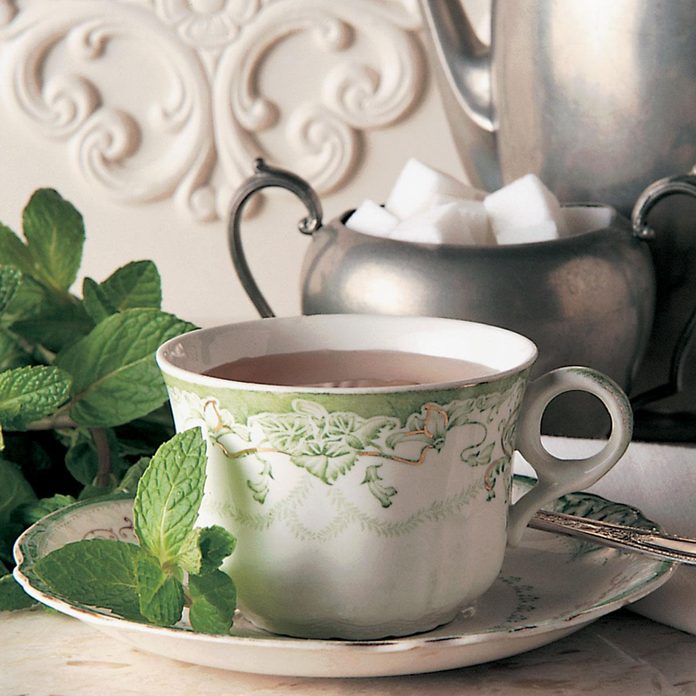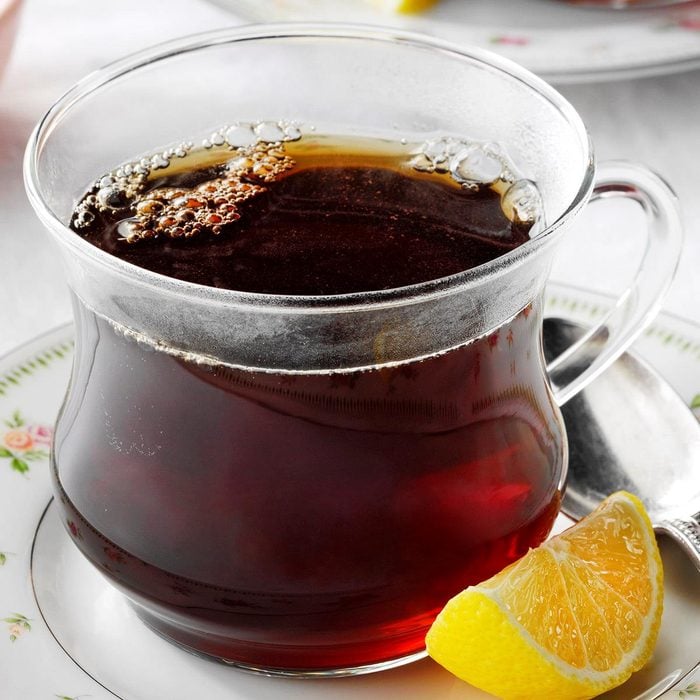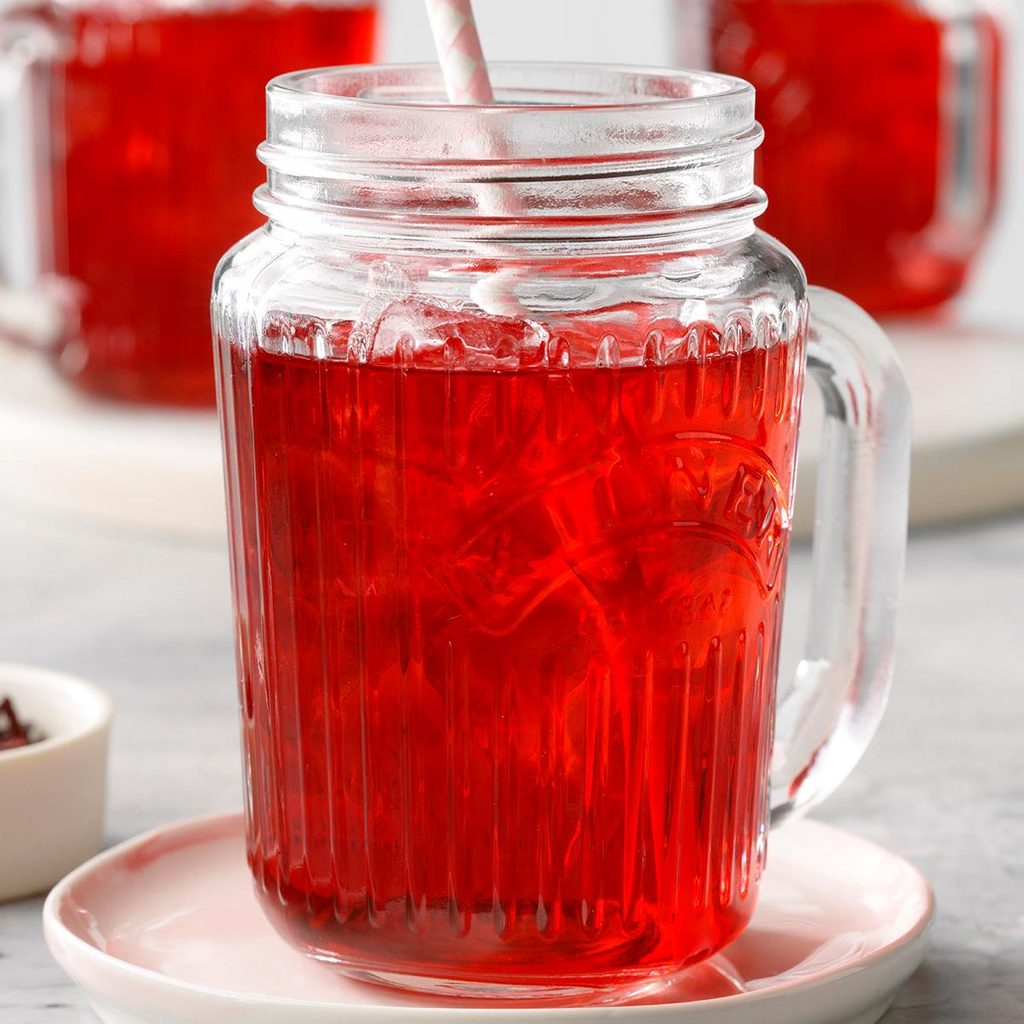You may have heard of Dry January, the annual tradition of forgoing alcoholic drinks and going sober for the first month of the year. You also may know about Whole30, the elimination diet where you give avoid grains, legumes, dairy, alcohol, added and artificial sugar and foods with common additives that many also try each year during January. But this year, a growing number of people are starting to give up coffee for 30 days, in a trend becoming known as No Joe January.
While there are plenty of studies showing that coffee has many health benefits, too much coffee can be dangerous. Those who give up their daily coffee report less stress, better sleep, lower blood pressure, better digestion, fewer bathroom breaks and an overall calmer, less anxious state of being. It’s a way of resetting and rethinking a healthier relationship with coffee.
“I got to a place where rather than enjoying it from a balanced place of sustained energy, I had a desperate, reliant relationship to the chemical,” said Amanda Chantal Bacon, founder of Moon Juice, an adaptogenic beauty and wellness company that sells alternatives to coffee. “By the end of the month without caffeine, I felt way more peaceful, positive, patient and open-hearted. I was more affectionate towards my husband, work was just as efficient, but with less edge, and I felt the return to a hormonal balance that had been disrupted by the daily caffeine.”
What Are the Health Benefits of Giving Up Coffee?
A lot of benefits can happen to your body when you quit coffee. According to WebMD, eschewing caffeine can help lower anxiety and blood pressure. Coffee can make you anxious and trigger your “fight or flight” response, causing jitters, nervousness, heart palpitations and even feelings of panic. Researchers think it might also keep your arteries from staying as wide as they should for healthy blood pressure. Equally problematic are withdrawal symptoms like headaches that occur when those who are heavy coffee drinkers don’t get their morning joe.
According to Healthline, giving up coffee can help your sleep. Studies have shown that daily coffee intake can alter sleep cycles and cause restless sleep and daytime drowsiness. This is especially true if you consume caffeine less than six hours before bedtime. If you don’t drink coffee, some studies suggest that your body may absorb nutrients like calcium, iron and B vitamins better than those who do.
Finally, giving up coffee can help your appearance, with whiter teeth and better skin. Caffeine slows down the production of collagen, which gives skin its tightness and elasticity
What Are Some Coffee Alternatives to Try?
These days, there are so many great alternatives to coffee that have less or no caffeine. Switching from coffee to tea is the obvious choice, especially green tea. In studies, green tea is linked to preventing just about every ailment—from cancer to puffy eyes. Though it has caffeine, it has significantly less than coffee and black tea.
Beyond tea, there’s yerba mate, a South American favorite made from evergreen tree leaves and brewed cacao (not to be confused with cocoa). Matcha, the Japanese powdered tea, is becoming popular for its healthy mix of antioxidants, vitamins and fiber. Mushroom coffee relies on the fungi’s powerful health benefits to sharpen your focus, reduce brain fog and keep your energy levels sustained throughout the day—all without the post-coffee crash.
Tea Recipes You Haven't Made Yet
 Chai Tea Latte
Chai Tea Latte
My family loves this comforting chai tea latte recipe, especially on cold days instead of cocoa or when they're feeling under the weather. I simplified this chai tea recipe by using the filter basket of our coffeepot. It's delicious and great after dinner! —Julie Plummer, Sykesville, Maryland
Go to Recipe
Pink DrinkWhether you've seen it at the beach or on your favorite Instagram account, the Starbucks Pink Drink is still one of the most beautiful beverages. Create your own healthy version of the strawberry refresher at home.
Blueberry Iced TeaI enjoy coming up with new ways to use my slow cooker in the kitchen. If it’s going to take up space, it needs to earn its keep! Serve this refreshing blueberry iced tea over plenty of ice and garnish it with blueberries if desired. For fun, freeze blueberries in your ice cubes. —Colleen Delawder, Herndon, Virginia
Iced Honeydew Mint TeaI grow mint in the garden on my balcony. For this tea, I blend two of my favorite beverages—Moroccan mint tea and honeydew agua fresca. —Sarah Batt Throne, El Cerrito, California
Cherry Limeade Sweet TeaSweet tea and cherry limeade are two of my favorite summer libations, so I decided to combine them—the results are wonderful. —Renee Page, Rochelle, Illinois
Orange Blossom Mint RefresherI came up with this recipe because I'm not a fan of regular iced tea. This version has the perfect combination of freshness and sweetness, and the orange blossom water gives the tea a distinctive flavor. People always request the recipe. —Juliana Gauss, Centennial, Colorado
Sweet Tea Boysenberry ShandyI love an ice-cold beer on a hot summer day. I also love sweet tea, so one day I got the great idea to mix the two. Wow! It was absolutely delish. I experimented with different flavorings, and this combination was my favorite. —Kelly Williams, Forked River, New Jersey
Honey-Pear Iced TeaTake summery iced tea into fall and winter by stirring in pear nectar and adding a fresh pear slice to each glass as a garnish. A little honey provides an extra touch of sweetness.
Bella Basil Raspberry TeaGive iced tea a grown-up twist. Fragrant basil lends flavor and the raspberries give it a bright red color. Tou’ll love the fun fizz and make-ahead convenience! —Laurie Bock Lynden, Washington
Refreshing Raspberry Iced TeaThis recipe makes two gallons, so it’s a sensible thirst-quenching choice for a springtime party when you have a medium-size crowd. It freezes well, making it a timesaver for party prep. —Arlana Hendricks Manchester, Tennessee
Summertime TeaYou can’t have a summer gathering around here without this sweet tea to cool you down. It’s wonderful for sipping while basking by the pool. —Angela Lively, Baxter, Tennessee
Sweet Tea ConcentrateSweet iced tea is a southern classic, and this is a fabulous recipe for tea lovers or for a party. The concentrate will make 20 servings. —Natalie Bremson, Plantation, Florida
Iced Melon Moroccan Mint TeaI grow mint on my balcony, and this refreshing beverage is a wonderful way to use it. It combines two of my favorite drinks—Moroccan Mint Tea and Honeydew Agua Fresca. For extra flair, add some ginger ale. —Sarah Batt Throne, El Cerrito, California
Minty Tea PunchForget sugary (and boring) sodas for your next potluck and treat your family and friends to a refreshing homemade punch. —Crystal Bruns, Iliff, Colorado
Smooth Sweet TeaA pinch of baking soda eliminates bitterness in this smooth and easy-to-sip tea and it has just the right amount of sugar so it's not overly sweet. —kelseylouise, Taste of Home Community Member
Slow-Cooker Chai TeaA wonderful sweet and spicy aroma wafts from the slow cooker as this fragrant and flavorful chai tea cooks. —Crystal Jo Burns, Iliff, Colorado
Lemon Spiced TeaCinnamon and honey really perk up the flavor of basic lemon tea. Add a splash of lemon extract to take this drink delightfully over the top. —Adeline Russell, Hartford, Wisconsin
Sweet Raspberry TeaYou need only a handful of ingredients to stir together this refreshing spring sipper. Its brilliant color and smile-fetching flavor will make a popular thirst quencher as the weather turns warm. —Taste of Home Test Kitchen
Lemon Lime Almond TeaI got this delicious tea recipe from a friend and make it about twice a week. It's such a refreshing drink. —Tammy Griffin, Frankston, Texas
Ginger Tea DrinkLooking for something new and special to serve to guests? Let a soothing green tea simmer while you concentrate on preparing other dishes for your gathering. You'll ge lots of requests for the recipe. —Alexandra Marcotty, Cleveland Heights, Ohio
Spiced Mint TeaThis delightful recipe makes teatime special. Dress up this homemade fresh mint tea with spices and a bit of honey if you like. —Ione Banks, Jefferson, Oregon
Lemon Basil TeaOur Test Kitchen experts sure know how to brew a great cup of tea! Infused with basil and lemon, this oh-so-drinkable recipe tastes as good as it smells.
Lemony Pineapple Iced TeaI like to garnish this iced tea with some of our sweet Hawaiian pineapple. —Beverly Toomey, Honolulu, Hawaii
Tropical TeaBrew a batch of this fragrant, flavorful tea in a slow cooker for your next family gathering. —Irene Helen Zundel, Carmichaels, Pennsylvania
Honey-Citrus Iced TeaA frozen orange or lemon slice in the glass looks pretty and helps keep this refreshing punch nice and cold. Using honey instead of sugar adds a sweet touch. —Sheila Bradshaw, Columbus, Ohio
Iced Raspberry TeaFrozen raspberries lend fruity flavor and lovely color to this pretty iced tea that's good throughout the year. The recipe calls for just a few common ingredients and offers make-ahead convenience. —Lois McGrady, Hillsville, Virginia
Pineapple Iced TeaWe have a large family, so we go through beverages quickly at our house. This thirst-quenching tea is simple to mix together and has a sparkling citrus flavor we all enjoy. —K. Kitell, Lenexa, Kansas
Hibiscus Iced TeaThis calorie and caffeine-free tea has a delightful rosy color.—Taste of Home Test Kitchen, Greendale, Wisconsin
Orange TeaMy children always appreciated a hot cup of this beverage after walking home from school. The tea is refreshing and tasty, and it warms you up. For about half the year, warmth is something we can always use more of around here! —Sally Mueller, Loveland, Colorado
